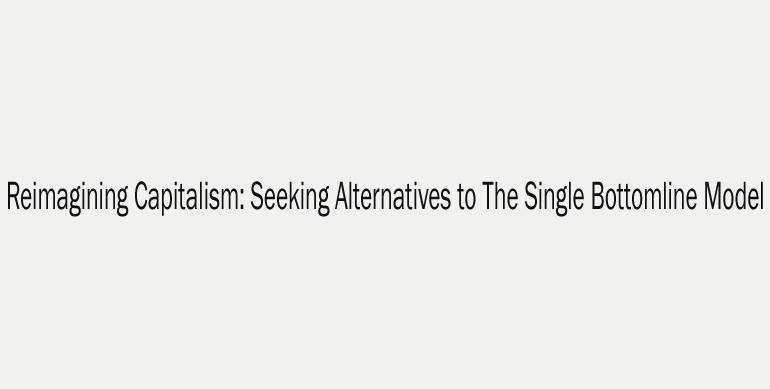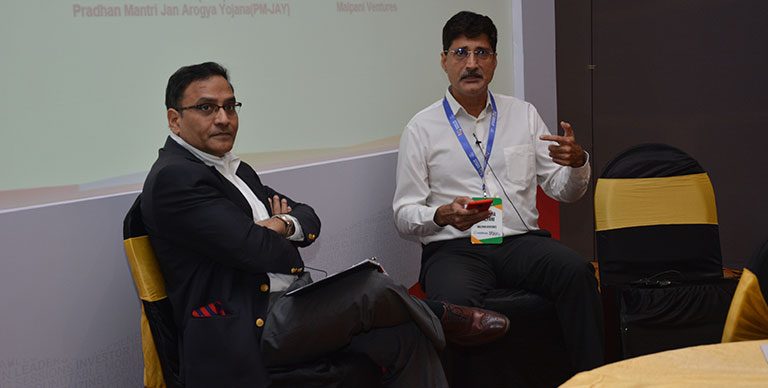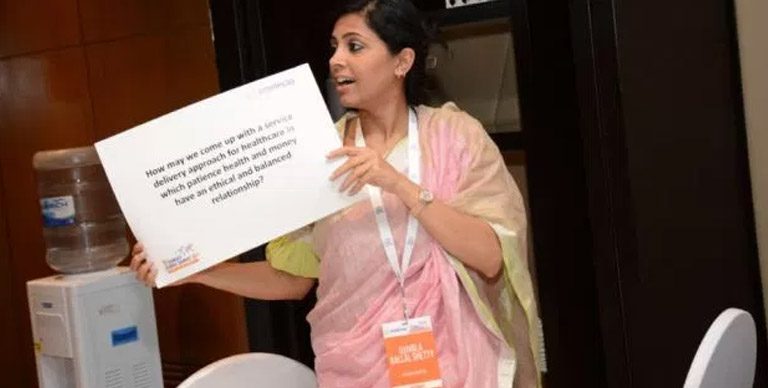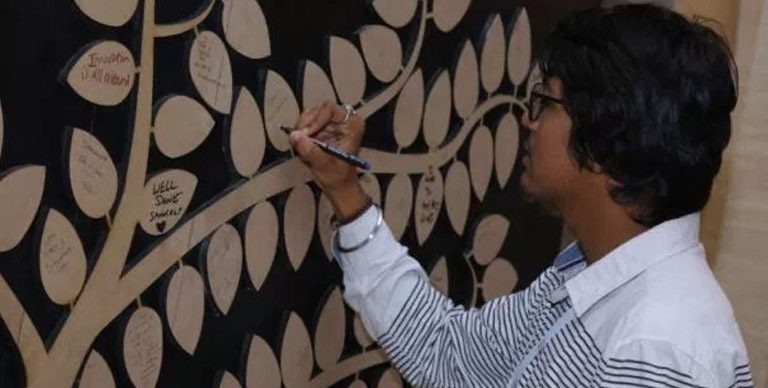Reimagining Capitalism: Seeking Alternatives to The Single Bottomline Model
The global economy is a system in crisis. The UN estimates that the three richest people in the world possess more financial assets than the poorest 48 nations combined. Around the world, individuals and communities are demanding that capitalism be redefined. A Deloitte ‘Millenials Survey‘ in early 2012 asked 1000 millenials and 390 business leaders questions about ‘what is business for’. The stark contrast between the responses points to a growing chasm between the goals business is chasing and the expectations society has of it. 52% of millenials thought business will achieve the greatest impact in solving the world’s toughest challenges while only 35% of business leaders agreed. The search for alternatives to ‘business as usual’ is on, but is the answer in the margins?
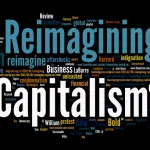
Social enterprise, inclusive business, cooperatives and social businesses are not new business models, but they are still in the margins. As terms that denote a different approach to business, and bring to play the possibility of doing good and doing well, they are not clearly understood, sometimes even by practitioners. However, there is growing evidence that they are not just viable, but sustainable and scalable. 18% of banks in Germany are cooperatives, and form the third pillar of the banking system – making it more resilient to the financial crisis than other Euro-zone countries. Microfinance, a business model created to make markets work for the underserved, now reaches over 190 million people around the world. Six time zones away from Mumbai, home to Sankalp Forum, Latin America is emerging as the hub for inclusive business. In March 2006, the World Business Council for Sustainable Development (WBCSD) and SNV Netherlands Development Organization created a strategic Alliance to work together to address sustainable poverty alleviation through business-led initiatives across a number of Latin American countries. By 2010, the alliance was implementing 40 large scale business led initiatives, with 300 business leaders and cross-sector partners from across the region providing insight on networks, resources and opportunities on inclusive business strategies.
At the upcoming Sankalp Summit 2012, ‘reimagining capitalism’ is a theme we’re engaging with in multiple formats. We will start off Asia’s largest social enterprise gathering by inviting opinions from stalwarts like Arun Maira, Member, Planning Commission and author of one of the most thought provoking books of our time, ‘Transforming Capitalism’. Maira says, “the social and economical model of the rich countries is not sustainable. But this is the model that developing countries are aspiring to follow, and have been urged to emulate by their advisors from the rich countries”. He goes on to propose a new framework for business management and says, “CSR and philanthropy can never be an adequate response to the huge challenges of inclusion and sustainability that capitalism and business must address. The question is not how much of your profit you will give to social and environmental causes, but the processes by which you make those profits. The huge potential to harm or do good lies in the mainline business operations of corporations from which these profits are made.”
Aside from discussions at the Summit, we’ve also partnered with Journeys for Change to bring together leaders from various global organizations in order to gain first hand insights into double and triple bottomline models, which are tomorrow’s business models. We’re also debating if Impact Investing, and the thought process behind it, can change global markets for better.
Are the answers to a new model of capitalism in the margins? Are there insights and lessons in the nascent and little known worlds of social enterprise and impact investing? Those are questions we’re bringing to this year’s Sankalp Summit, but we also want to know what yours are. Join us in a live Twitter chat on 28 March, 2 PM, as we kick off conversations around this in our first ever #SankalpChat. Click here to know further details and sign up.



